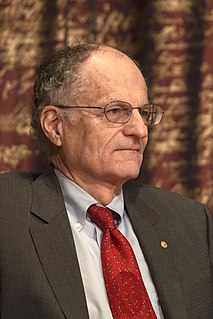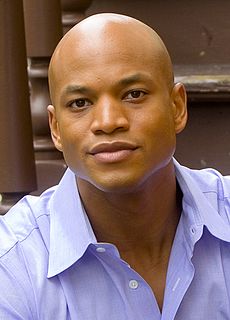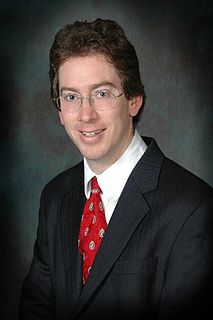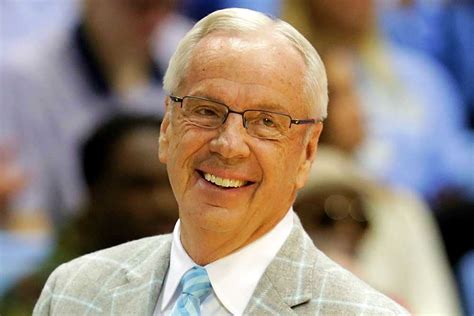A Quote by Thomas J. Sargent
The first and most optimistic response was complete rational expectations econometrics. A rational expectations equilibrium is a likelihood function. Maximize it.
Related Quotes
When you look at any experimental work not directly related to economics, but trying to test rational behavior in other ways, experiments have conspicuously failed to show rational behavior. Macro evidence certainly suggests deviations from rationality, but I don't want to say the rationality hypothesis is completely wrong. If you have any introspective idea or experimental idea about people's behavior, it seems to be incompatible with the really full scale rational expectations.
If I fulfill YOUR expectations, how am I going to transform you? I have to DESTROY your expectations. I have to destroy the very mind that creates those expectations. If you come to me, never come with expectations, otherwise you will be disappointed - because I have no obligation to fulfill your expectations in any way. In fact, if I see that there are some expectations, I do things DELIBERATELY to destroy those expectations. That is the price you have to pay to be with me.
I want to say, and this is very important: at the end we lucked out. It was luck that prevented nuclear war. We came that close to nuclear war at the end. Rational individuals: Kennedy was rational; Khrushchev was rational; Castro was rational. Rational individuals came that close to total destruction of their societies. And that danger exists today.
Do you think that we're products of our environments? I think so, or maybe products of our expectations. Others' expectations of us or our expectations. I mean others' expectations that you take on as your own. I realize how difficult it is to seperate the two. The expectations that others place on us help us form our expectations of ourselves.
It's all emotion. But there's nothing wrong with emotion. When we are in love, we are not rational; we are emotional. When we are on vacation, we are not rational; we are emotional. When we are happy, we are not [rational]. In fact, in more cases than not, when we are rational, we're actually unhappy. Emotion is good; passion is good. Being into what we're into, provided that it's a healthy pursuit, it's a good thing.
The soul has two parts, one rational and the other irrational. Let us now similarly divide the rational part, and let it be assumed that there are two rational faculties, one whereby we contemplate those things whose first principles are invariable, and one whereby we contemplate those things which admit of variation.



































